Yes, forex trading is halal if it follows specific Islamic principles. To be halal, it must avoid Riba (interest), eliminate excessive speculation (gambling), and use an Islamic account that does not charge or pay interest on overnight positions. When done with these precautions, forex trading aligns with Sharia principles and is considered permissible.
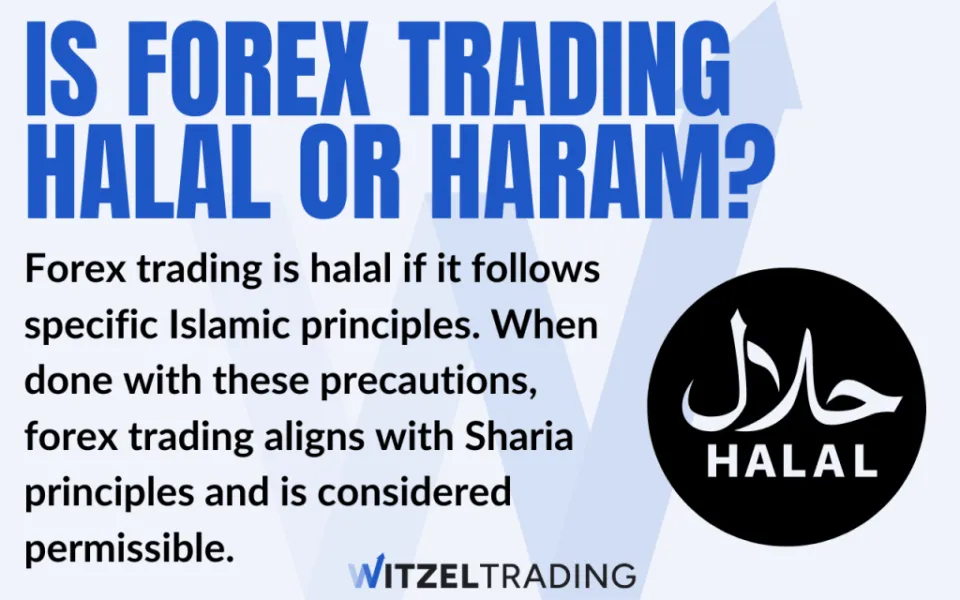
Here are 5 important points to understand about halal forex trading:
Key Facts About Halal Forex Trading
- Interest-Free Accounts: Halal forex trading requires the use of Islamic or swap-free accounts to avoid interest (Riba), which is forbidden in Islam
- Immediate Transactions (Spot Trading): Trades must be conducted on the spot with instant currency exchange, avoiding any delays that would imply deferred payments
- Prohibition of Speculation: Excessive speculation or gambling (Maisir) is forbidden; trading should be approached with careful analysis and discipline
- Use of Islamic Accounts: Brokers like FP Markets, Vantage Markets, and BlackBull help Muslims trade forex without violating Sharia principles by offering Islamic accounts
- Transparent Trading Practices: All trading processes should be transparent, without hidden fees or unethical tactics, aligning with the Islamic value of fairness
When Is Forex Trading Haram?
Forex trading crosses into haram territory when it involves prohibited elements like interest, gambling, or shady practices that go against Islamic principles. Here’s a simple breakdown of what makes forex trading haram:
Interest-Bearing Accounts (Riba)
Trading with an account that accumulates or pays interest violates Islamic law. Interest (Riba) is strictly prohibited, so a standard account that charges interest, such as swap fees on overnight trades, makes forex trading haram. Islamic (swap-free) accounts are designed to avoid this issue by eliminating interest charges.
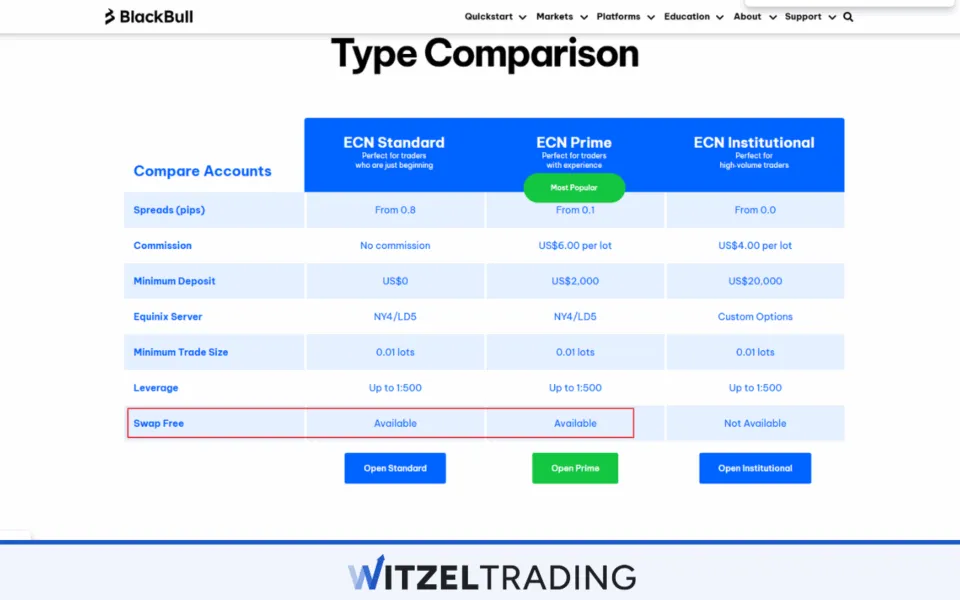
Non-Immediate Settlement (Deferred Transactions)
Islamic finance requires transactions to be settled immediately. Deferred or delayed exchanges, as found in forward contracts, introduce uncertainty, which makes them haram. Spot transactions are required to ensure compliance.
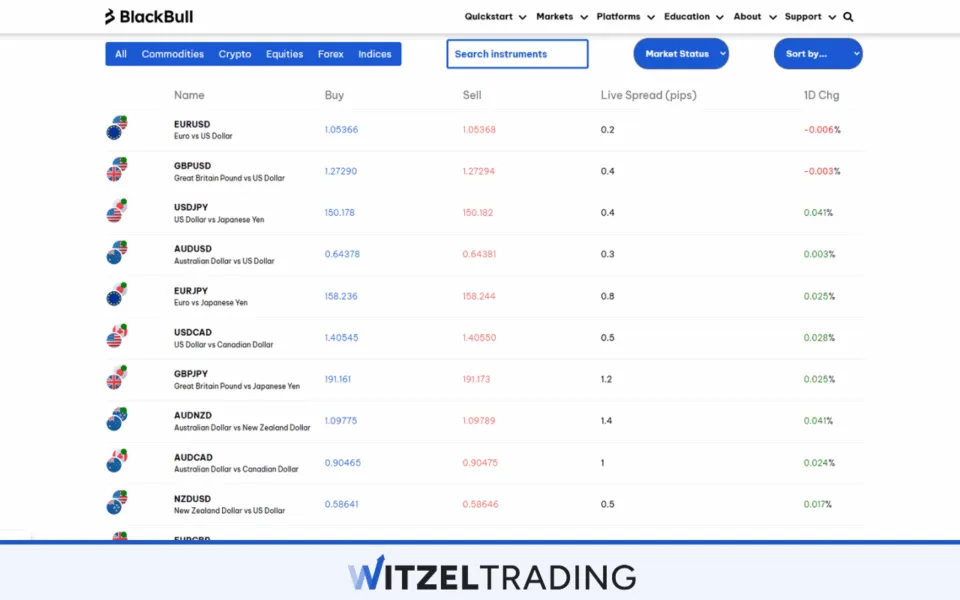
High-Risk Speculation (Maisir)
Trades made without analysis or strategy, purely relying on chance, resemble gambling (Maisir). Speculation purely for quick profit without real economic purpose or informed planning is considered haram, as Islam promotes responsible wealth generation.
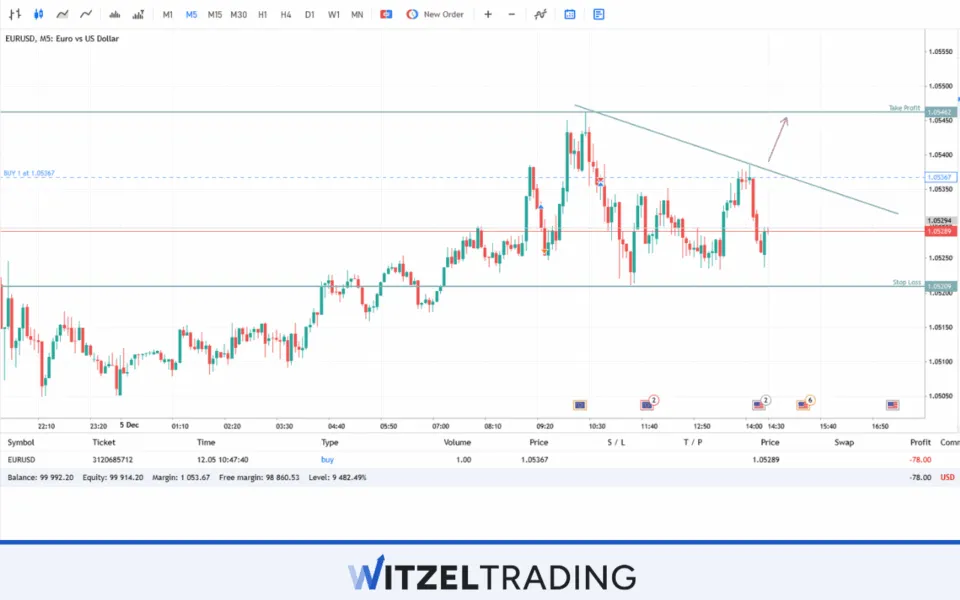
Leveraged Trades with Interest
Leverage allows traders to control larger positions by borrowing funds, but when interest is charged on these borrowed amounts, it becomes haram. Sharia prohibits debt with interest, so leveraged trading that incurs interest is non-compliant.
Therefore, an Islamic account is required to avoid the interest, allowing Muslim traders to use leverage.
Overnight Positions with Rollover Fees
Standard accounts often charge fees (swap or rollover fees) when positions are left open overnight. Since these fees are based on interest, they make the trade haram unless using a swap-free account.
Unethical or Non-Transparent Broker Practices
Brokers that promote high-risk, high-reward trading strategies without full disclosure of costs or risks raise ethical concerns. Trading with brokers that lack transparency or push speculative behavior can make the activity haram by association.
Use of Islamic Trading Account for Halal Trading
Using an Islamic or swap-free account is necessary for keeping forex trading halal because regular trading accounts charge interest. This isn’t allowed under Islamic law, so Islamic accounts skip the interest entirely, allowing you to trade without stepping outside Sharia principles.
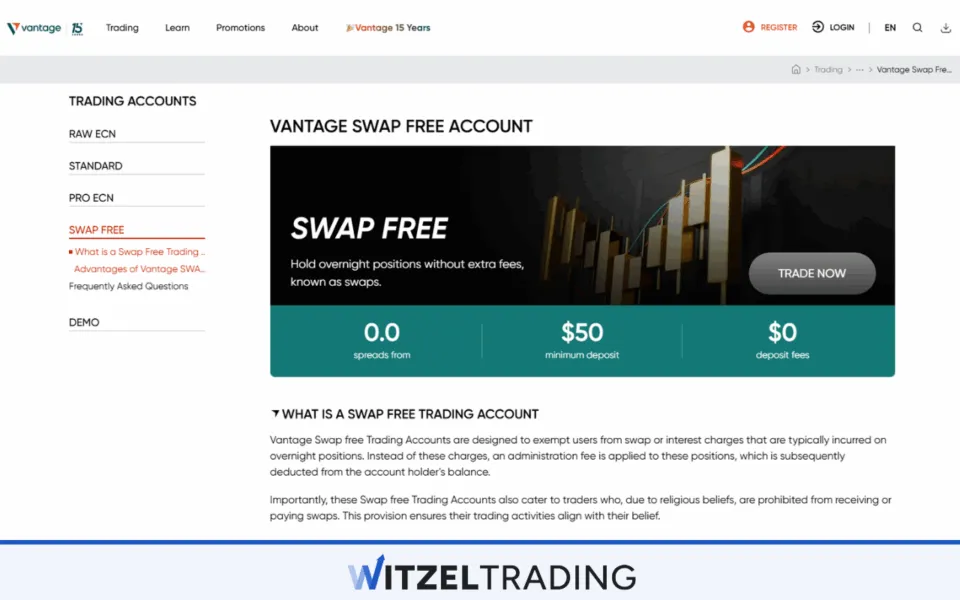
Reputable brokers like FP Markets, Vantage Markets, and BlackBull offer these swap-free accounts to specifically to Muslim traders. With an Islamic account, there are no surprise interest charges, keeping everything clean, straightforward, and aligned with Islamic values.
What Happens if You Do Not Use an Islamic Account?
Without an Islamic account, any trades you leave open overnight will likely come with interest charges. This makes the trade haram since interest (Riba) is prohibited in Islam. Using a standard account risks dragging you into interest-bearing transactions, especially with leverage, which Sharia law strictly avoids. An Islamic account is the simplest way to steer clear of that, letting you trade confidently and responsibly.
What Does Riba Mean in Forex Trading?
Riba refers to any form of interest, which is not allowed in Islam because it creates unfair advantage and exploitation in financial transactions. It occurs when one party gains from lending money at an interest rate, creating an imbalance that’s seen as exploitative. In Forex trading, Riba most commonly appears as swap or rollover fees – interest charges applied to positions held overnight in standard trading accounts.
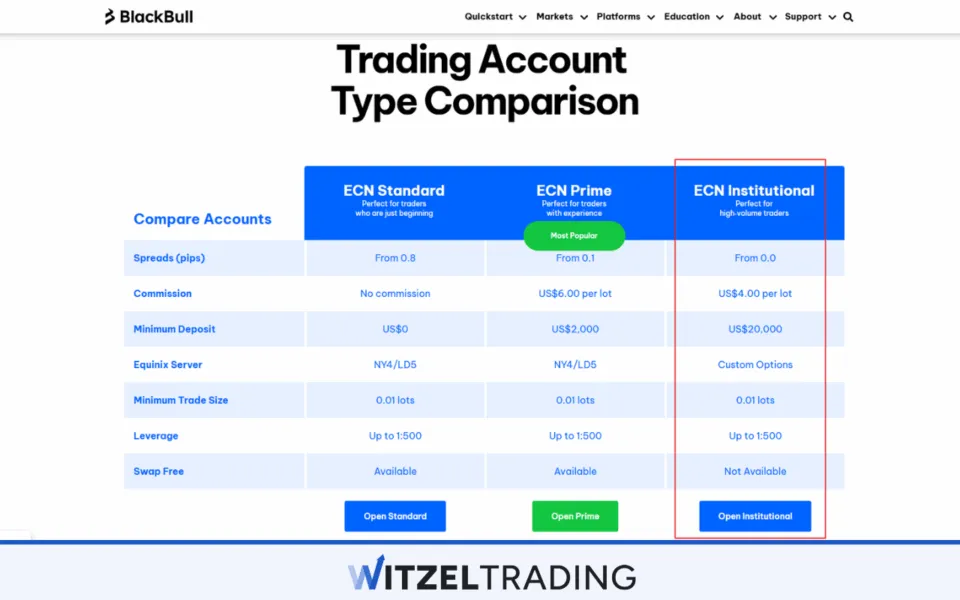
To avoid Riba in forex, Muslim traders need to use Islamic (swap-free) accounts, which are specifically designed to remove all interest-based fees. These accounts allow trades to be held overnight without incurring interest, keeping transactions aligned with Sharia principles.
What Are the Sharia Laws in Forex Trading?
Sharia laws in forex trading ensure that financial activities align with Islamic principles of fairness, transparency, and ethical behavior. Here’s a list of the main Sharia laws that impact forex trading:
- Riba
- No Deferred Transactions
- Maisir
- Gharar
Prohibition of Interest (Riba)
Interest, or Riba, is strictly forbidden in Islam. Any transaction that involves paying or receiving interest is considered haram because it leads to an unfair advantage for the lender. Riba shows up in standard accounts as swap or rollover fees. Therefore, Muslim traders use Islamic (swap-free) accounts, which do not apply interest on trades, keeping transactions within halal boundaries.
Immediate Settlement (No Deferred Transactions)
Islamic finance requires immediate settlement of transactions. This means currency exchanges should happen on the spot. Deferred payments or delayed exchanges, such as forward contracts, are considered haram due to the uncertainty involved in delayed settlements. Spot trading, where currency is exchanged instantly, complies with this Sharia law.
Avoidance of Gambling-Like Speculation (Maisir)
Islamic law does not allow any form of gambling, including speculative trades that rely heavily on chance rather than informed decision-making. Trades that are purely speculative, without any strategy or analysis, resemble gambling (Maisir) and are, therefore, haram. Forex trading is only permitted if it’s approached with a structured, analysis-based method rather than random bets or gut-feeling trades.
Prohibition of Uncertainty or Ambiguity (Gharar)
Gharar refers to any form of ambiguity or uncertainty in a transaction. Sharia law requires that contract terms be clear, transparent, and fully understood by all parties. For Forex, this means that traders should avoid any contracts with hidden fees, unclear obligations, or vague terms. Working with brokers like FP Markets or Blackbull Markets that provide complete transparency in their fees, spreads, and other trading conditions is essential to avoid gharar.
Is Speculation and Greed Allowed in Islamic Forex Trading?
No, pure speculation and greed are not allowed in Islamic forex trading. Islamic principles require that trading is conducted with purpose, discipline, and responsibility, avoiding any resemblance to gambling. Trades based on random guesses, extreme risk-taking, or profit-chasing without analysis are viewed as haram because they go against the ethical and responsible wealth management values emphasized in Islam.
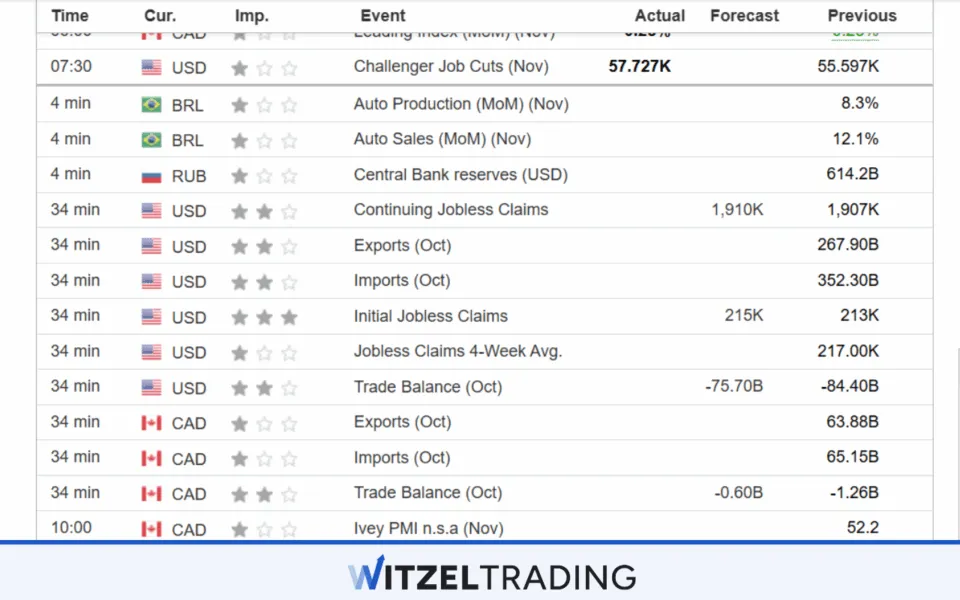
Learn Forex Trading With the WR Trading Mentoring
While trading forex is straightforward, becoming a consistently profitable trader takes considerable experience and time, but the process can be sped up with the WR Trading course. This program covers essential trading strategies, risk management techniques, and insights into using Islamic accounts, ensuring that Muslim traders can engage in the forex market while staying compliant with Sharia law.
The mentoring program includes one-on-one sessions, practical trading exercises, and ongoing support from experienced mentors. This hands-on approach helps traders build a solid foundation, develop disciplined trading habits, and learn to make informed decisions rather than relying on speculative or impulsive actions. The right trading broker is essential to save costs and ensure quick order execution.
For full details on the course structure, topics covered, and how to get started, visit wrtrading.com. The program is designed to give traders the tools and knowledge they need to trade forex ethically and responsibly.
Conclusion
In conclusion, forex trading can be halal, but it requires knowing the rules and careful adherence to Islamic principles. By avoiding interest (Riba), doing only immediate transactions, steering clear of excessive speculation, and choosing transparent brokers, Muslim traders can ensure their trading aligns with Sharia law. Remember to use Islamic (swap-free) accounts, as they eliminate interest charges that would otherwise make trades haram.
Frequently Asked Questions on Halal / Haram Forex Trading
Is Forex Trading Halal or Haram?
Forex trading can be halal if it follows Sharia principles, such as avoiding interest (Riba) and completing transactions instantly. Using Islamic (swap-free) accounts helps ensure compliance, as these accounts do not have interest. However, trades based on gambling-like speculation or high-risk leverage may be considered haram, so staying within Sharia law depends on the trader.
Why Is Interest (Riba) Forbidden in Forex Trading?
Interest (Riba) is seen as exploitative and unfair, creating inequality in transactions. Overnight positions in forex have swap fees, which is why standard accounts are non-compliant. Islamic accounts are designed to avoid interest, making them suitable for halal trading.
Is Leverage Allowed in Islamic Forex Trading?
Leverage is allowed if no interest is charged on the borrowed amount and the terms are clear. High-risk, interest-bearing leverage contradicts Sharia principles and is considered haram. Some brokers offer interest-free leverage options specifically for Islamic accounts.
Does Forex Trading Involve Gambling (Maisir)?
Forex trading can resemble gambling if trades are made randomly or based purely on chance. To avoid this, traders should base decisions on analysis and strategy rather than luck. Islam promotes responsible wealth generation, so disciplined trading is key to keeping it halal.
What Happens if I Accidentally Engage in Haram Trading?
If traders unknowingly engage in haram trading, they should stop as soon as they’re aware and avoid similar situations in the future. Seeking guidance from knowledgeable sources can help prevent mistakes.


